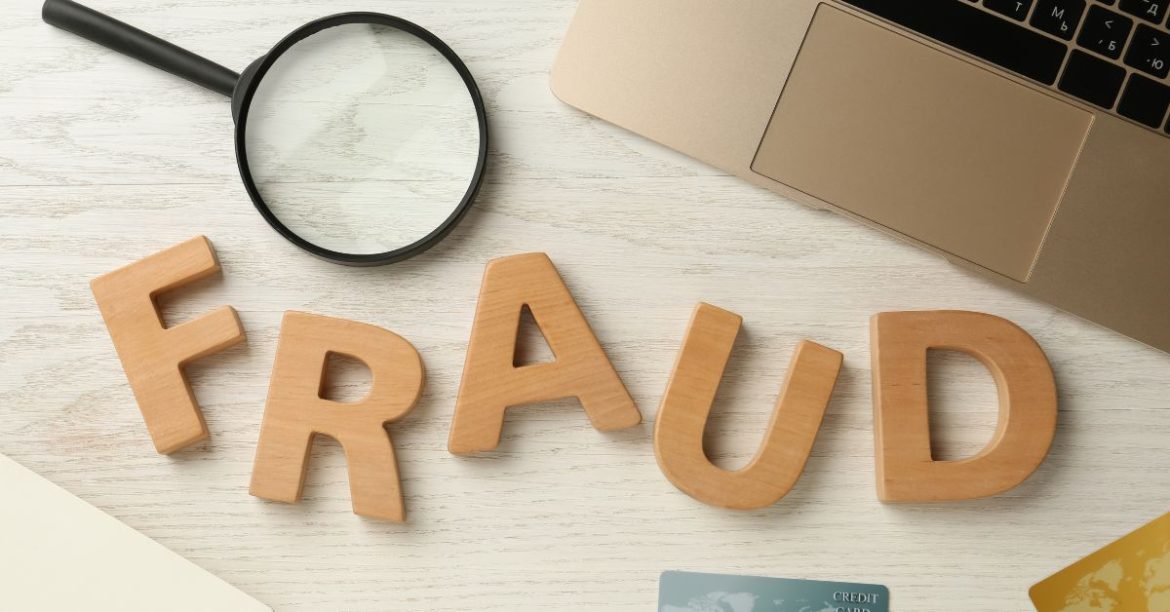Because of the tight-knit structure of many groups, it can be difficult for regulators or law enforcement officials to detect an affinity scam. Victims often fail to notify authorities or pursue their legal remedies, and instead try to work things out within their own group.
This is particularly true where the fraudsters have used respected community or religious leaders to convince others to join the investment.
Many affinity scams involve various pyramid schemes, where new investor money is used to make payments to earlier investors to give the false illusion that the investment is successful.
This ploy is used to trick new investors to invest in the scheme and to lull existing investors into believing their investments are safe and secure.
In reality, the fraudster almost always steals investor money for personal use.
Those schemes always depend on an unending supply of new investors – when the inevitable occurs, and the supply of investors dries up, the whole scheme collapses and investors discover that most or all of their money is gone.
How to Avoid Affinity Fraud
Investing always involves some degree of risk. You can minimize your risk of investing unwisely by asking questions and getting the facts about any investment before you buy.
To avoid affinity and other scams, you should:
A. Check out everything:
No matter how trustworthy the person seems who brings the investment opportunity to your attention. Never make an investment based solely on the recommendation of a member of an organization or religious or ethnic group to which you belong.
Investigate the investment thoroughly and check the truth of every statement you are told about the investment. Be aware that the person telling you about the investment may have been fooled into believing that the investment is legitimate when it is not.
B. Do not fall for investments that promise spectacular profits or “guaranteed” returns:
If an investment seems too good to be true, then it probably is.
Similarly, be extremely leery of any investment that is said to have no risks; very few investments are risk-free.
The greater the potential return from an investment, the greater your risk of losing money. Promises of fast and high profits, with little or no risk, are classic warning signs of fraud.
C. Be skeptical of any investment opportunity that is not in writing:
Fraudsters often avoid putting things in writing, but legitimate investments are usually in writing.
Avoid an investment if you are told they do “not have the time to reduce to writing” the particulars about the investment.
You should also be suspicious if you are told to keep the investment opportunity confidential.

D. Don’t be pressured or rushed into buying an investment before you have a chance to think about – or investigate – the “opportunity”:
Just because someone you know made money, or claims to have made money, doesn’t mean you will too.
Be especially skeptical of investments that are pitched as “once-in-a-lifetime” opportunities, particularly when the promoter bases the recommendation on “inside” or confidential information.
E. Fraudsters are increasingly using the Internet to target particular groups through e-mail spam:
If you receive an unsolicited e-mail from someone you don’t know, containing a “can’t miss” investment, your best move is to pass up the “opportunity!”



